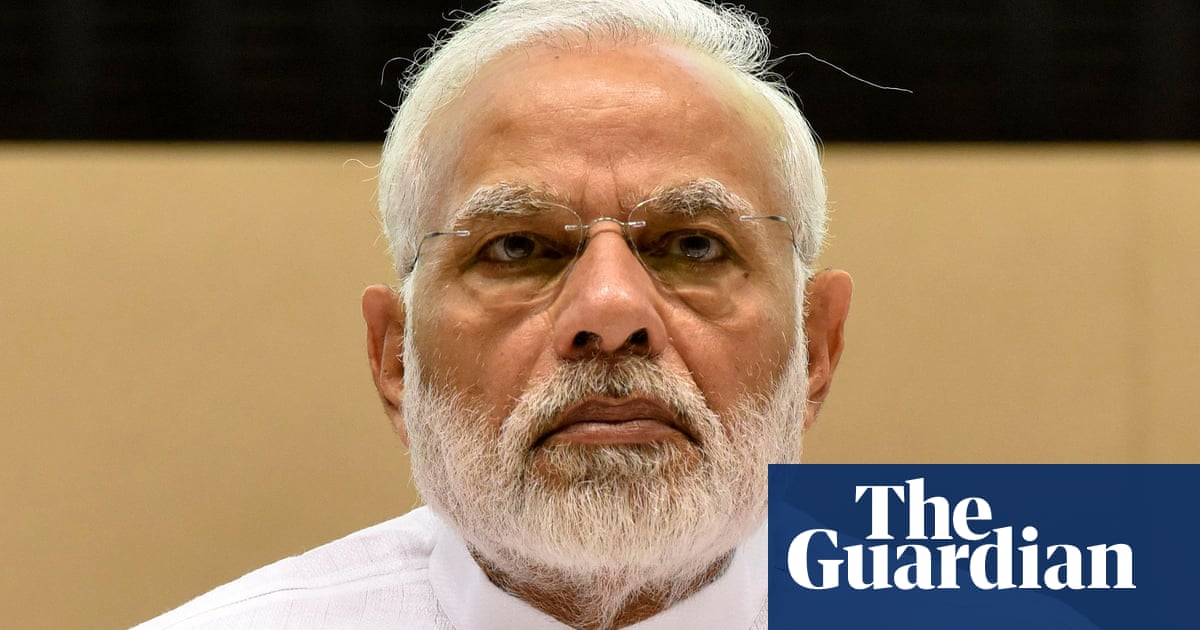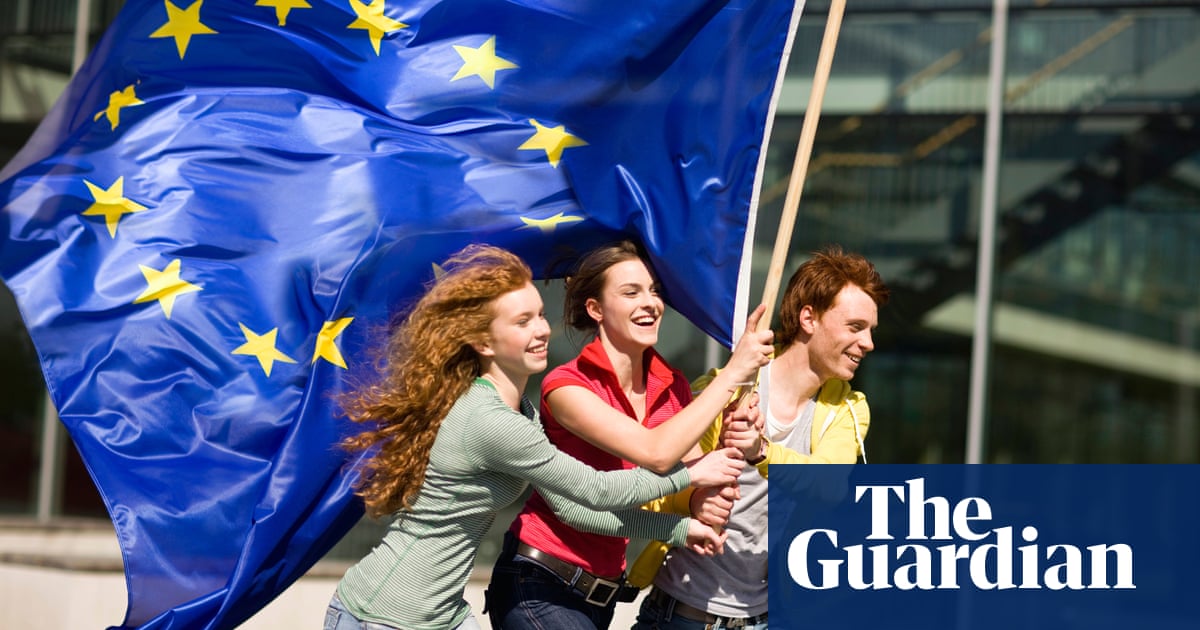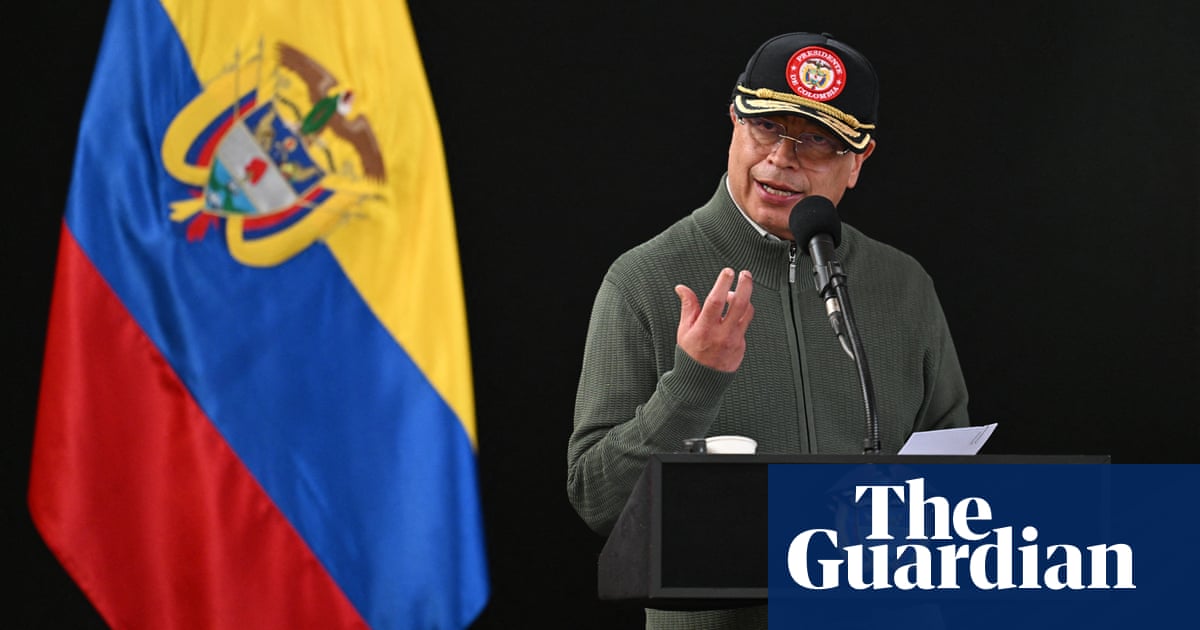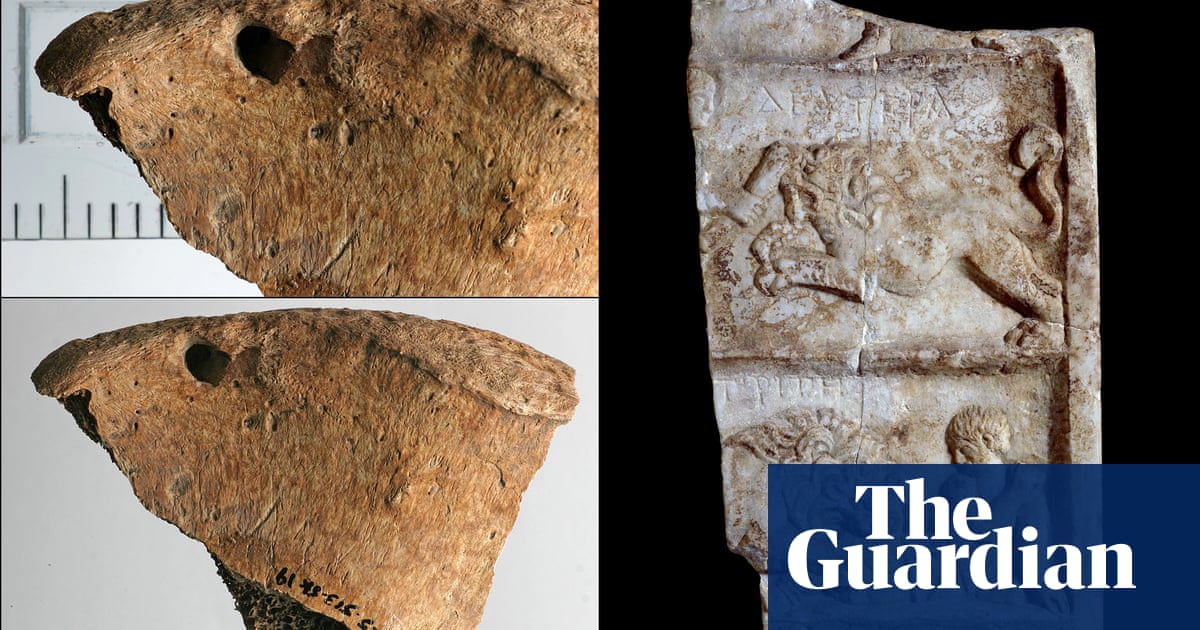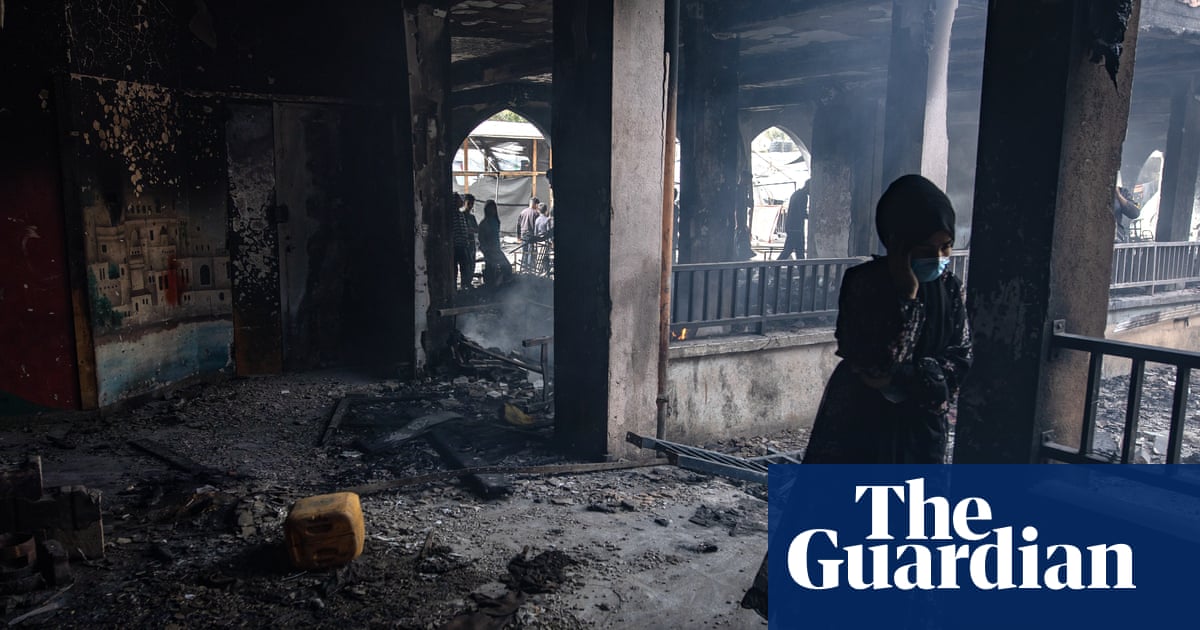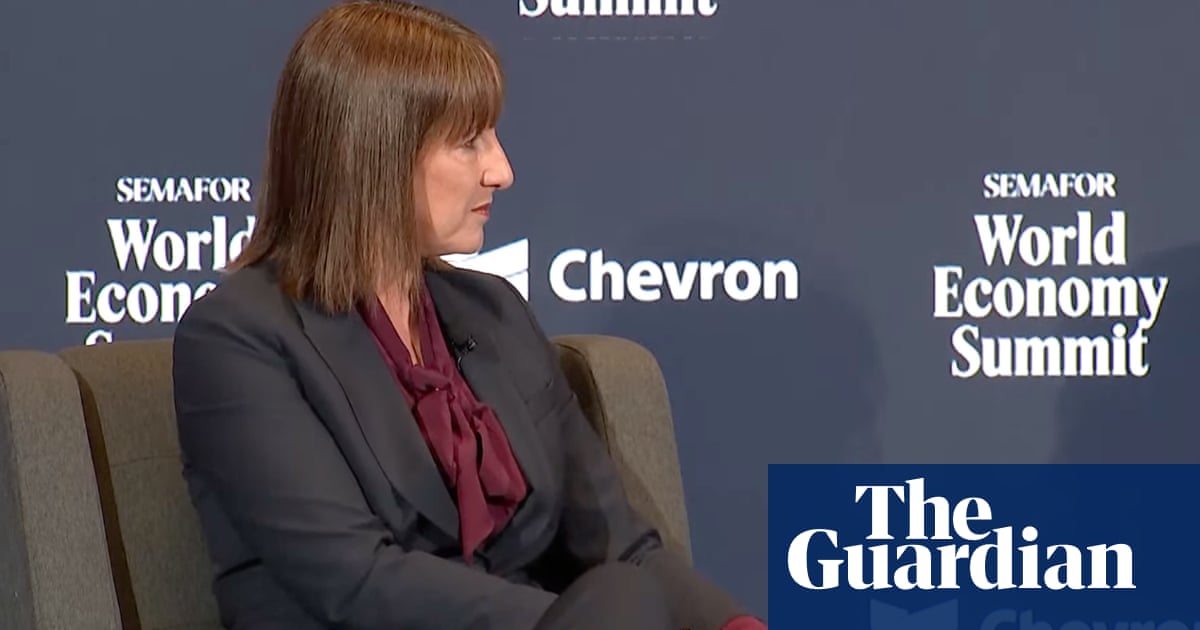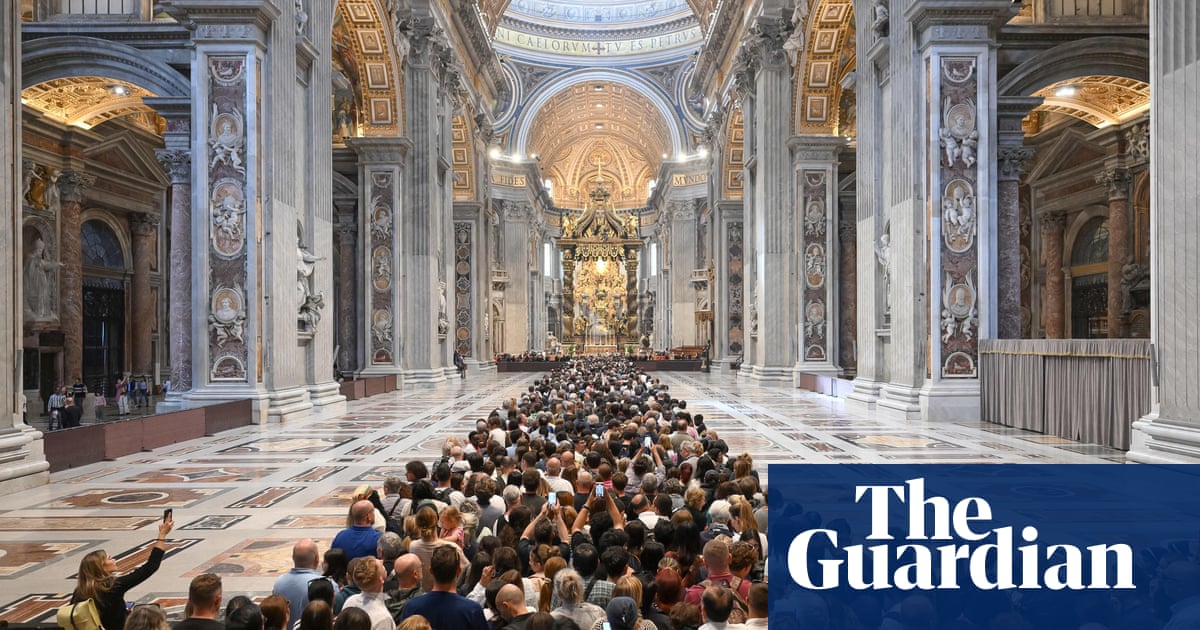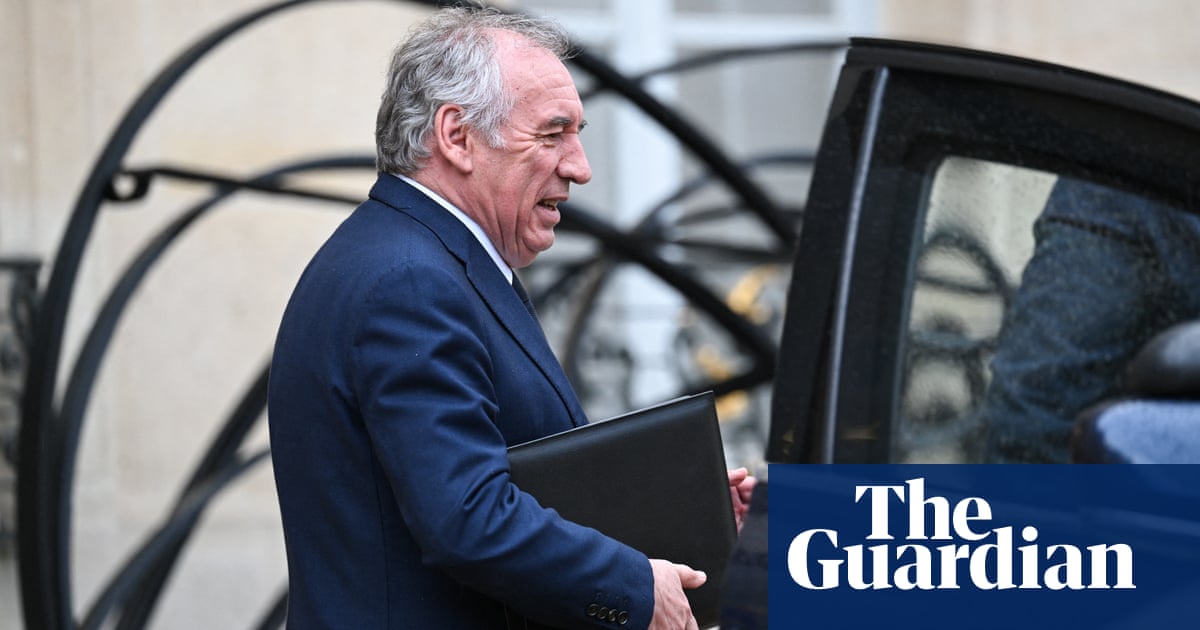Growing up in a family of refugees, I was raised to approach strangers with caution. After experiencing displacement, my parents instilled in me the idea that trust had to be earned; they had seen the risks that come with being vulnerable in a new environment. Being wary of the unfamiliar was their way of ensuring we stayed safe in a world that wasn’t always welcoming.
As I got older, their anxieties became my own. I would automatically assume, for example, that someone asking for directions might run off with my phone, or that someone asking for money might scam me.
So when a couple approached my friend Esme and I one afternoon, asking if we could witness their wedding, the part of me raised on suspicion flickered into life. But another part – the one I’ve been learning to nurture, that leans into trust and curiosity – told me to say yes.
Last year, I took my first trip to Sheffield, where Esme lived. It was sunny and frosty, and from the moment we stepped off the train, strangers spoke to us – making small talk with an openness and warmth I hadn’t expected. But when we were approached by a couple wearing formal clothes as we queued for lunch, it didn’t feel like just another random encounter – it felt like a story waiting to happen.
The pair seemed frazzled. They explained that they were supposed to be getting married – a low-key, fuss-free wedding, just the two of them – but had missed their first slot at the register office because of delayed trains. They had been able to reschedule, but had no witnesses for the ceremony. Desperately, they asked us if we would like to step in. Caution lingered in the back of my mind, yet the magic of the moment made me forget my training in suspicion.
We deliberated. Esme and I were on the same course, but we had only met a couple of months earlier; this was a new level of spontaneity for us. Yet there was something charming about the couple’s sincerity, so we abandoned our plans to spend the afternoon at the cinema and agreed.
We arrived at the register office with seconds to spare. The room was simple but warm, with soft lighting and neatly arranged chairs. A small table was adorned with official papers and a bouquet of flowers. It was just the six of us: two lovers, two friends and two registrars – pairs connected in different ways, yet all sharing in the quiet magic of the moment. Even the silence in the room seemed expectant, a kind of reverent pause before the ceremony began. It felt surreal that my friend and I were about to witness something deeply personal and beautiful.

The ceremony was quick and intimate, and to my surprise, I teared up on several occasions. The simplicity of it felt profound. As the couple exchanged vows, I quietly reconsidered my tightly held instincts to stay guarded. To me, their wedding symbolised an act of bravery. Trusting complete strangers to witness one of the most significant moments of their lives seemed no small feat – they had no guarantees, just a belief in human kindness, and somehow, that faith had been rewarded.
Saying yes was exhilarating. After the ceremony, the bride insisted we take her bouquet, but we felt we couldn’t accept; instead we accepted just one rose to press and keep as a memento.
The day also proved to be a pivotal moment in my budding friendship with Esme. I had felt isolated after moving away from my home in Birmingham to study in Leeds, but our impromptu afternoon connected us in a way I hadn’t anticipated.
Looking back, I can’t help but think of how my parents might have reacted if I’d told them I was going to be witnessing a couple’s wedding in a town I’d never been to before, with someone I had only recently met. But, ever since, I’ve tried to say yes more often – I haven’t been reckless, but I have made a conscious effort to acknowledge life’s uncertainties and embrace them where possible. I’m less wary of speaking to strangers and making small connections that add a little warmth to the day. I recently befriended someone I met at a comedy show, for instance – striking up a conversation about photography and footwear.
It’s easy to live life with a protective layer, but it can lead to solitude. Moments of connection are precious, and I’m learning that sometimes it’s worth taking a risk. You might end up with an interesting anecdote, a cemented friendship – or a pressed rose.
Some details have been changed

.png) 2 months ago
21
2 months ago
21
